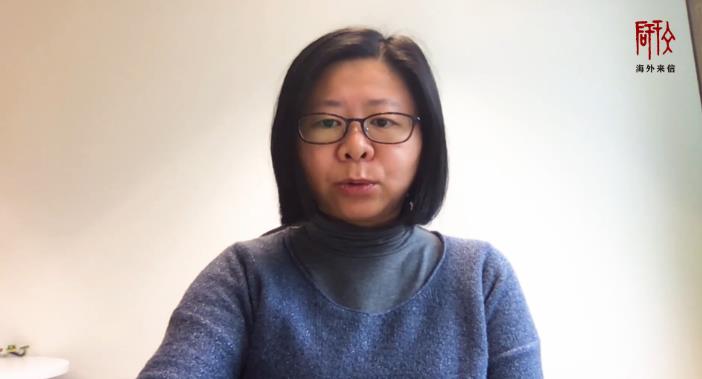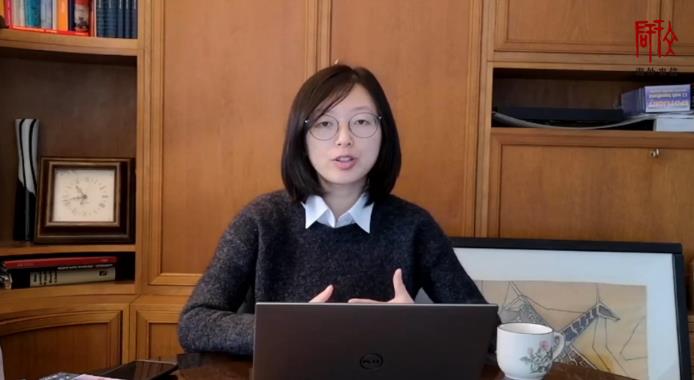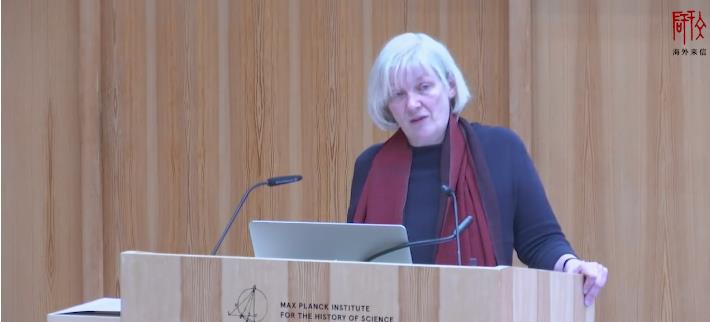IHSS launches new online series “Global Voice”
Apr 03, 2020
Peking University, April 3, 2020: The global outbreak of COVID-19 cases has attracted great attention among the international community. The World Health Organization has recently announced the COVID-19 is officially a pandemic. During this challenging period, the Institute of Humanities and Social Sciences (IHSS) has been focusing on our online channels to stay connected with our scholars and audience. IHSS is proud to present the latest online series named “Global Voice”. We believe knowledge exchange and communication are vital at the current stage. The Global Voice will share articles, videos and audios reflecting on the impacts and consequences of past public health emergencies in terms of politics, economy, laws and culture.
Several scholars from the Max Planck Institute for the History of Science are the first to respond to our proposal. In the proceeding videos, the cause and consequences of disease and natural disasters were discussed and analyzed through interdisciplinary perspectives. We appreciate the support coming from our global academic community as we strive to go through the hardship together.
Through the videos, IHSS hopes to share more diverse contents with our audiences. And we welcome our friends and scholars to contribute more related contents to further the discussion.
Chen Shih-Pei received her Ph.D. degree from Taiwan University as a computer scientist with a focus on digital humanities. After her Ph.D., Chen conducted her postdoctoral research at the Institute for Quantitative Social Sciences of Harvard University and managed the China Biographical Database (CBDB), a digital database that collects biographical data for figures of historical China. Chen joined MPIWG in January 2014 as the digital content curator at MPIWG where she works with historians in order to develop digital tools that can open up new methodologies of conducting historical research in the digital age.
 Chen Shih-Pei
Chen Shih-Pei
In her video, Chen presented her earlier work on mapping locust temples with data collected from existing Chinese local gazetteers. She then talked about how to interpret big data and possible pitfalls, which can then be led to the current statistics of coronavirus worldwide.
Sun Mengmeng received her Ph.D. degree in History of Science and Technology from Shanghai Jiao Tong University in 2018. As a Visiting Postdoctoral Fellow at the Max Planck Institute for the History of Science, she is currently working on a new project that focuses on different ideas about climate in different cultures. With this research she expects to find the roots of different attitudes on climate from cultural perspectives.
 Sun Mengmeng
Sun Mengmeng
In her video, Sun introduced the Climate History in 20th century and how were the predicting and managing system developed in order to reduce the damages caused by severe climate. She then talked about the coexisting relationship between threats from the nature (weather, coronavirus, wildlife, etc.) and human society.
Martina Schlünder received her Ph.D. degree in History of Medicine from Charité-Universitätsmedizin Berlin in 2007. Between 2015-2018 she was a Marie Curie Postdoctoral Fellow at the Technoscience Research Unit of the Women and Gender Studies Institute at the University of Toronto / Bremen University. She is currently visiting associate professor at the STS group of the Center for Technology, Innovation, and Culture at the University of Oslo.
 Martina Schlünder
Martina Schlünder
Her research is situated within the History and Philosophy of Science and Medicine and primarily draws from Feminist Science Studies. In the research program Martina Schlünder works on the history of medical and clinical research of the Max Planck Society. The project investigates the historical, epistemic, scientific, and historical reasons for the difficult situation of clinical research within the MPG.
In her video, Schlünder introduced a case study of the search for a vaccine against epidemic Typhus from the First World War to the Holocaust. And focused on the “ontologies” of lab animals. By pursuing the biopolitical questions on an interspecies level, she discussed the historical concern of how technologies coordinate life, both human and nonhuman.
The Max Planck Institute for the History of Science in Berlin conducts research into how new categories of thinking, of proving and experiencing have developed during the centuries-long interaction between the sciences and the cultures in which they are embedded. To this end, comparative studies, which transcend eras and regions, investigate the historical circumstances under which scientific culture and science emerged as one culture.
Source: Institute of Humanities and Social Sciences, Peking University


